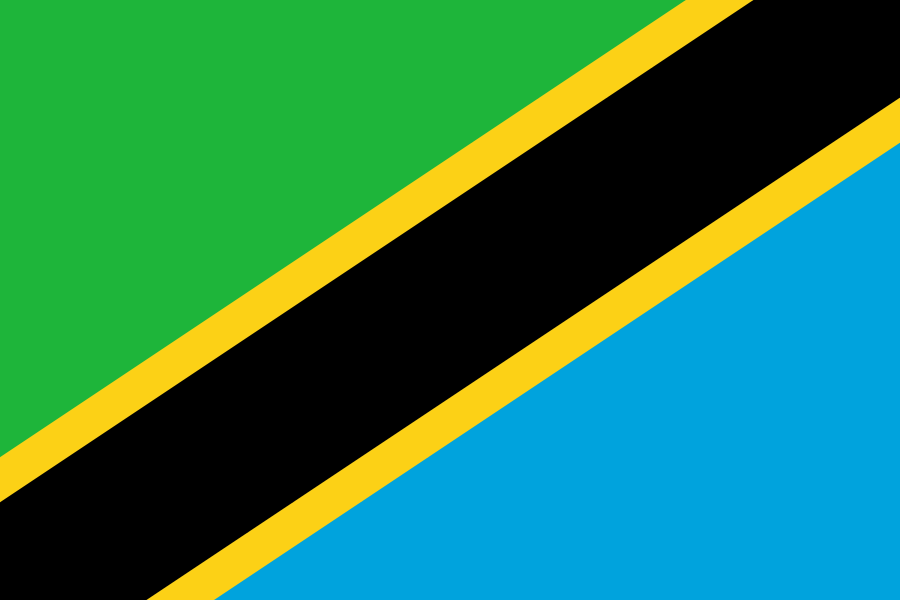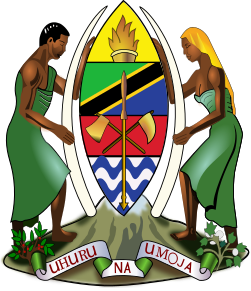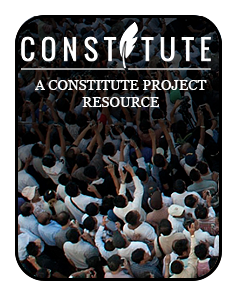Shortly after achieving independence from Britain in the early 1960s, Tanganyika and Zanzibar merged to form the United Republic of Tanzania in 1964. One-party rule ended in 1995 with the first democratic elections held in the country since the 1970s. Zanzibar's semi-autonomous status and popular opposition led to two contentious elections since 1995, which the ruling party won despite international observers' claims of voting irregularities. The formation of a government of national unity between Zanzibar's two leading parties succeeded in minimizing electoral tension in 2010.
Tanzania is a presidential republic.
Source: CIA World Factbook
Members:
Resources
Displaying 6 - 10 of 24Village Land Regulations
Regulations to make provision for the administration and management of village land as defined by the Village Land Act, 1999 and the assignment of rights relative to such lands. (FAOLEX)
Land (Assessment of the Value of Land for Compensation) Regulations
Land (Assessment of the Value of Land for Compensation) Regulations
Village Land Act, 1999.
An Act to provide for the management and administration of land in villages, and for related matters.
Land Act, 1999
An Act to provide for the basic law in relation to land other than the village land, the management of land, settlement of disputes and related matters.
Constitution of Tanzania (United Republic of) 1977 (rev. 1995)
A joint conference of the parties drafted the constitution before it was approved by the legislature.






